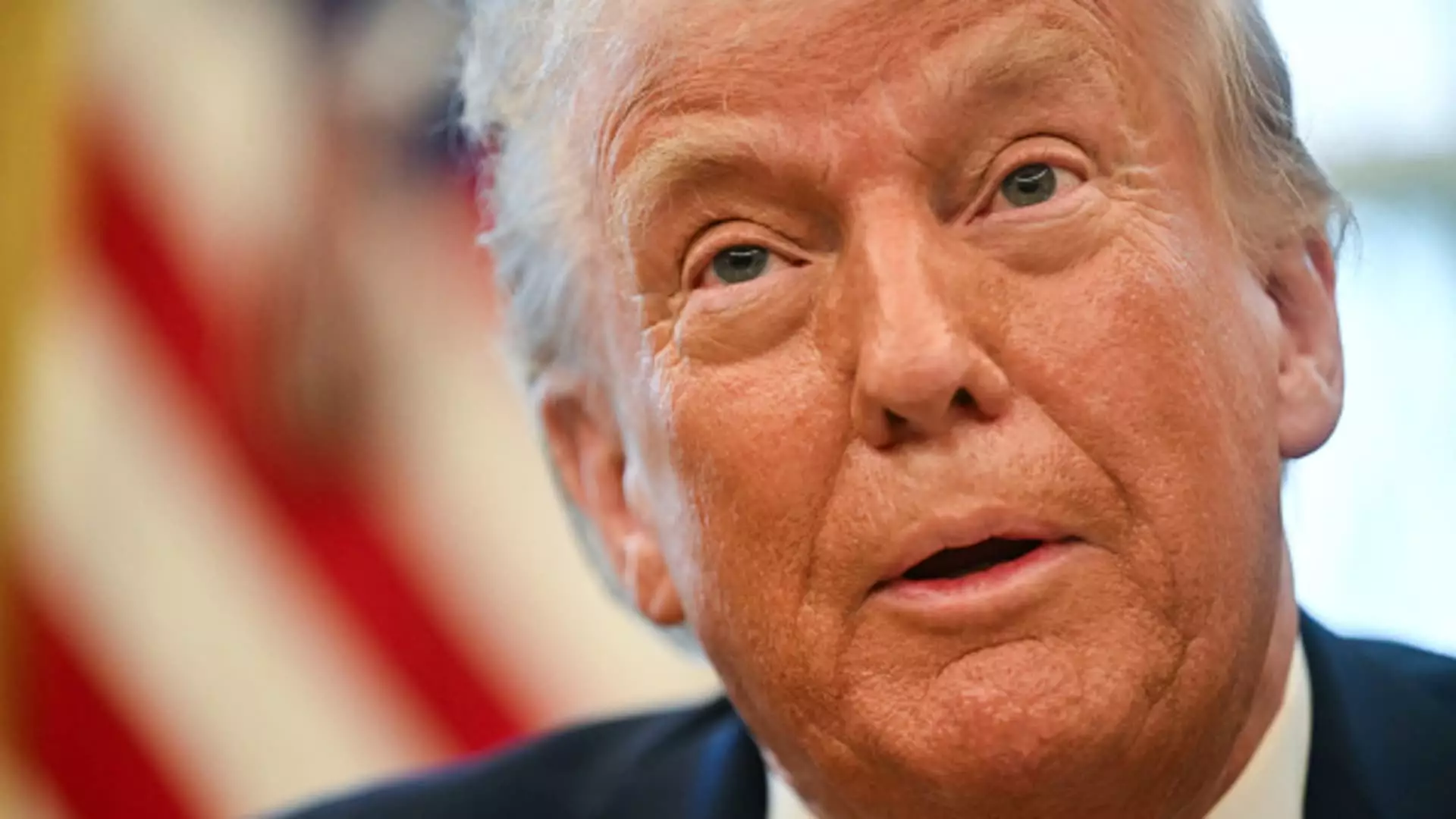In an unexpected move, President Donald Trump has signed an executive order that proposes the establishment of a government-run sovereign wealth fund. This initiative has been framed as a tool for economic development, with grand ambitions that include enhancing national infrastructure and bolstering the U.S. presence in global markets. However, the implications of such a fund extend far beyond mere financial management; they provoke critical discussions about government intervention, economic strategy, and national priorities.
The executive order outlines several key objectives, including the development of critical infrastructure such as airports and highways. U.S. Treasury Secretary Scott Bessent indicated that the fund aims to capitalize on the United States’ balance sheet to benefit the American populace. These aspirations, while promising, raise questions about the viability and practicalities of implementing such a fund in a nation already grappling with significant budget deficits.
The notion of leveraging U.S. assets to generate revenue is not entirely new, as previous discussions have hinted at similar initiatives. However, the framing of this wealth fund within the context of potential investments, particularly concerning the controversial social media platform TikTok, brings an additional layer of complexity. The idea of utilizing public assets to acquire private companies reflects a profound shift in how the government perceives its role in the marketplace.
Sovereign wealth funds are commonly employed by countries with abundant natural resources and fiscal surpluses, such as Norway and Singapore. The largest fund, Norway’s sovereign wealth, boasts assets exceeding $1.7 trillion, enabling the nation to play a significant role in the global financial arena. China’s sovereign fund, with $1.3 trillion in assets, follows closely behind. Notably, these nations benefit from economic strategies that differ significantly from those currently in play in the U.S., which faces substantial fiscal challenges.
The introduction of a U.S. sovereign wealth fund could signal a shift toward more aggressive economic strategies, allowing the government to diversify its funding sources. This may reduce reliance on the issuance of Treasury bonds and promote national interests abroad. However, this goal is shadowed by the reality of fiscal constraints, leading critics to argue that such a fund could exacerbate existing financial issues unless it is managed transparently and effectively.
There are inherent risks associated with the establishment of a sovereign wealth fund, especially concerning governance and transparency. Critics emphasize that without stringent regulations, the fund could become a breeding ground for conflicts of interest and corruption. The lack of clarity surrounding the execution and operational guidelines of the fund raises alarms regarding accountability and public trust.
Moreover, the strategic implications of using public funds for potential acquisitions, such as investing in TikTok, exemplify the blurred lines between governance and corporate interests. This blending of sectors could potentially compromise the fund’s original mission of fostering broad economic benefits for citizens.
As the proposal unfolds, it will be crucial to examine the details surrounding the fund’s implementation and operation. Stakeholders must consider the balance between enhancing domestic economic capacity and maintaining ethical governance structures. The establishment of a U.S. sovereign wealth fund holds substantial promise for economic revitalization and global competitiveness, but only if pursued with transparency, accountability, and a clear vision for the public good.

